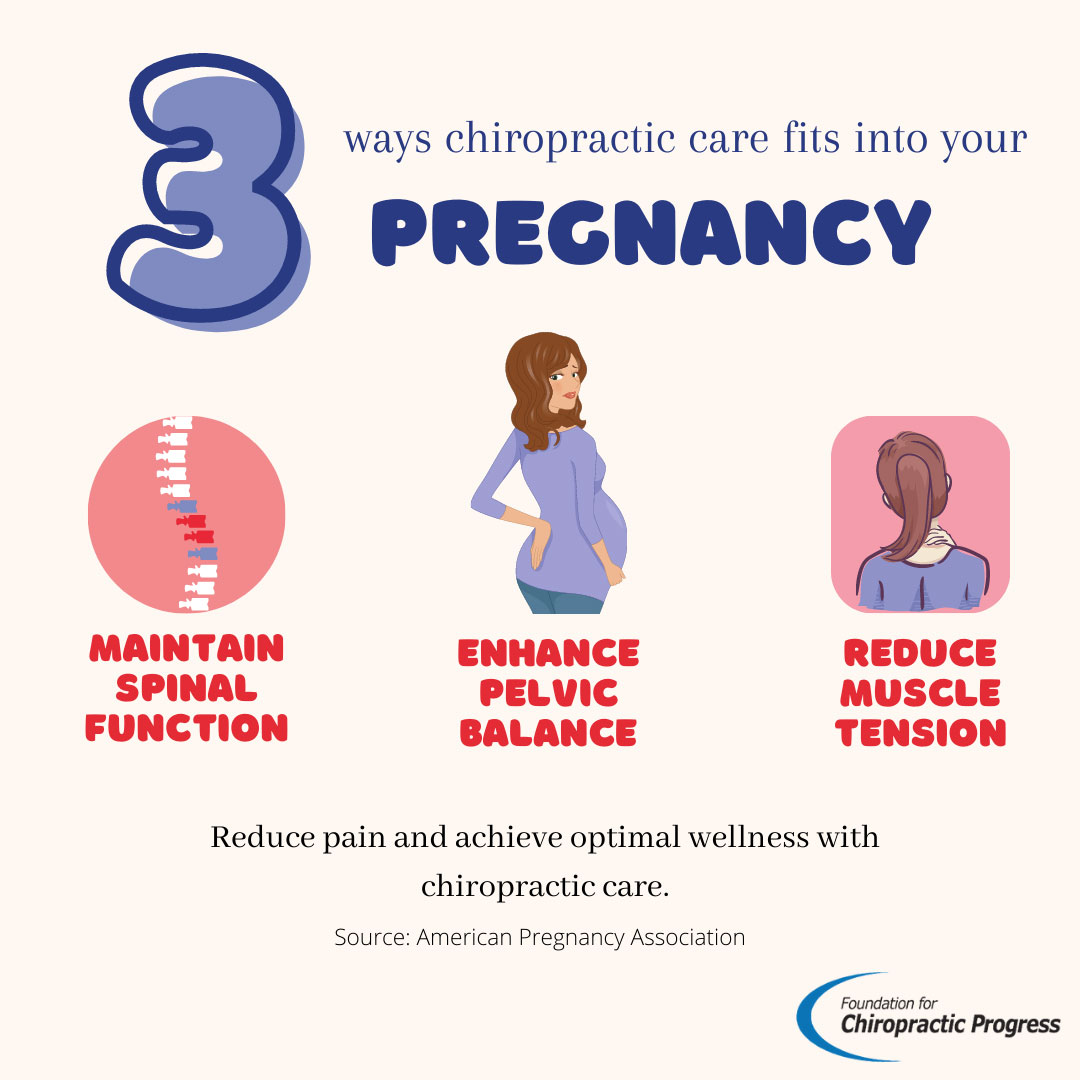Ibuprofen’s Ranging Side Effects
Ibuprofen has significant side effects ranging from nausea to fertility problems. Many use it for lower back pain but safer approaches, such as chiropractic care, should be considered first.
TUESDAY Jan. 9, 2018 — Taking the common painkiller ibuprofen has been linked in a small study with a condition affecting male fertility problems.
Male fertility is dropping around the world and the researchers wanted to see if ibuprofen might be contributing to this.
Ibuprofen
Ibuprofen is a non-steroidal anti-inflammatory drug sold without a prescription for short-term treatment of pain, inflammation from injuries, and fever. Health professionals may recommend longer-term use.
It is known to increase the risk of heart attacks and stroke if taken regularly in high doses for a long time.
It has already been linked with fertility problems in women taking the drug.
Common brands of ibuprofen include Advil and Motrin.
The Danish and French study looked at 31 athletic men between the ages of 18 and 35.
Half the group took 600mg of ibuprofen twice a day – the maximum recommended dose in the U.S. is 800mg up to four times a day — for 2 weeks. The other half took a dummy (placebo) tablet. Samples were taken before and after the trial for comparison.
Those who took the ibuprofen were more likely to have indications of testicular problems — including a condition called compensated hypogonadism that affects reproductive health — meaning men are less likely to be able to father a child. This is more common in older men than younger ones.
Ibuprofen appears to affect the pituitary gland that’s involved in production of the male hormone testosterone, as well as other processes linked to sperm production.
‘Landmark study’
Several experts have reacted to the study findings.
Richard Quinton, MD, from Newcastle University in England and the Society for Endocrinology, says: “This is a landmark study that elegantly combines clinical and basic research, at both tissue and cellular levels, to show that ibuprofen, a common over-the-counter painkiller, can reversibly hinder testosterone production by testicular cells.”
Before now, he says, “most warnings regarding this family of painkillers have focused on limiting long-term use in the elderly to prevent gastrointestinal, renal and cardiac adverse effects. This study should give pause for thought to sportsmen using them routinely for exercise-induced aches and pains.”
Professor Allan Pacey from the University of Sheffield, cautions: “The results suggest that long-term use (several weeks) of ibuprofen can affect the production of the male hormone by the testicles. The authors speculate that this could have health implications for such men, given the known links between the disruption of such hormones and cardiovascular disease, diabetes and infertility.
“However, this is currently speculative. So, for the time being, I would urge men who need to take ibuprofen to continue to do so. However, it is recommended that if men (or women) need to take it for more than 3 days consecutively then they should first consult their family doctor.”
“Long-term use of ibuprofen has other negative effects on overall health so people should only be taking it over a period of weeks, months or years if a doctor has prescribed it.”





